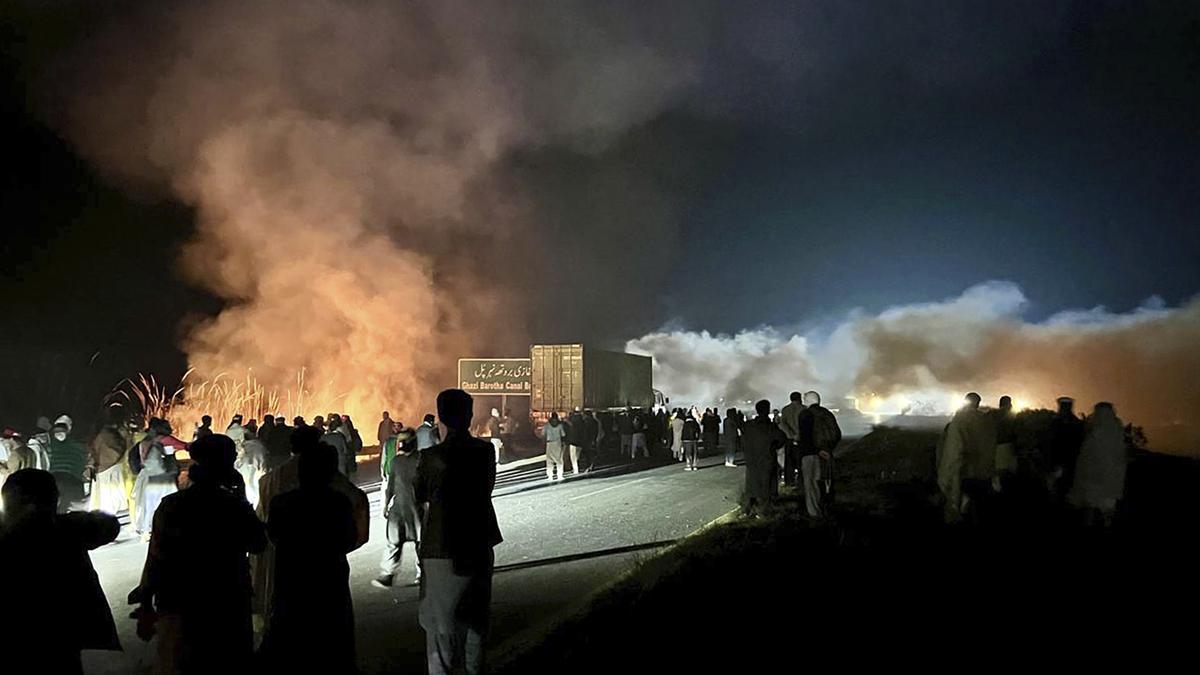A recent headline on the CNN website declared, Trump says ‘war hawk’ Liz Cheney should be fired upon in escalation of violent rhetoric against his opponents. On voting day, The Washington Postfact-checked Donald Trump’s statement that “we have crime through the roof” with data to apparently prove that crime is in fact lower than before.
American mainstream media (MSM) is caught in the whirlwind of the country’s domestic politics. Until the rise of Mr. Trump and his populism, American MSM and its political and strategic establishment had a cosy relationship where nearly all opinion makers agreed on the basics. The complete manifestation of this mutual reinforcement of the country’s politics and its media peaked with ‘embedded’ reporting, literally, of the Iraq war. The questioning of American political and economic order and its foreign policy remained on the margins of public discourse until Mr. Trump built a political movement around it. MSM journalists — a group overwhelmingly dominated by self-identified Democrats — concluded by the end of the 2016 election that objective reporting was not desirable any more. In fact, a segment of journalists even doubted whether critical reporting of Hillary Clinton in 2016 enabled the rise of Mr. Trump, and by implication, endangered democracy. By the next presidential election in 2020, MSM platforms were clear that they would do nothing to harm the campaign of Democrat Joe Biden. That approach led to the MSM not reporting on the ‘Hunter Biden laptop episode’, a decision which has raised several questions regarding ethical journalism.
Mr. Trump’s allies leaked, days before voting day in 2020, data from a laptop that belonged to Mr. Hunter, which suggested corrupt practices by him. Soon after New York Post published it, the story was barred from social media platforms and MSM outlets. Supported by a bevy of national security experts who labelled the story as Russian misinformation, most MSM reporting was on saving American democracy from foreigners. Four years later, it is clear that the laptop indeed belonged to Mr. Hunter and the data that appeared in the public domain was genuine. Questions of journalistic practices raised by this episode remain unresolved. Do journalists have a duty to report on public figures, regardless of what the consequences will be, including for larger issues such as democracy and national security? Or should they report only in advancement of a declared goal? Ethical clarity on such questions may have been easy in circumstances such as the national freedom struggle, but is difficult when public opinion within a country is divided, as it is today in the U.S.
Mr. Trump and the MSM also have a mutually beneficial relationship in a peculiar and even perverse way. In nearly all his speeches, he berates and insults journalists, calling them “fake news,” “garbage”, “not good people”, and “scum”; his supporters lap it up.
In the U.S, wars no longer unite the nation. Mr. Trump’s populism is built, among other things, on an anti-war stance. What led to the CNN headline cited above is from Mr. Trump’s critique of U.S. wars abroad. After explaining how wars initiated or encouraged by the U.S. were leading to the suffering and deaths of people, Mr. Trump, as usual, blamed the politicians who support wars. Talking of Ms. Cheney, former Republican lawmaker and daughter of former Vice President Dick Cheney, he said: “…is a very dumb individual, very dumb. She’s a radical war hawk. Let’s put her with a rifle standing there with nine barrels shooting at her…” What was said as a criticism of advocating war turned out to be call for violence in most reporting on the topic.
Contesting Mr. Trump’s statement in Denver that the city was being “overrun” by Venezuelan gangs, a TV anchor said to his running mate J.D. Vance: “The incidents were limited to a handful of apartment complexes,” trying to prove false the claim that the city was being “overrun.” Gallup polls record that public trust in mass media has been in decline in the U.S. since 1972 and in 2024, it is at the lowest point.
Published – November 08, 2024 01:02 am IST



